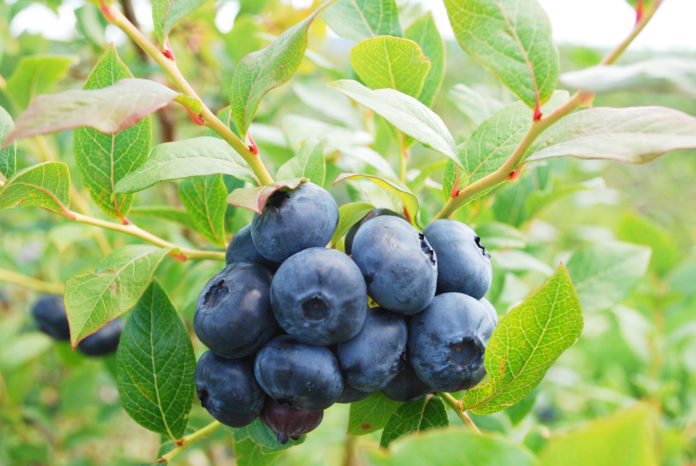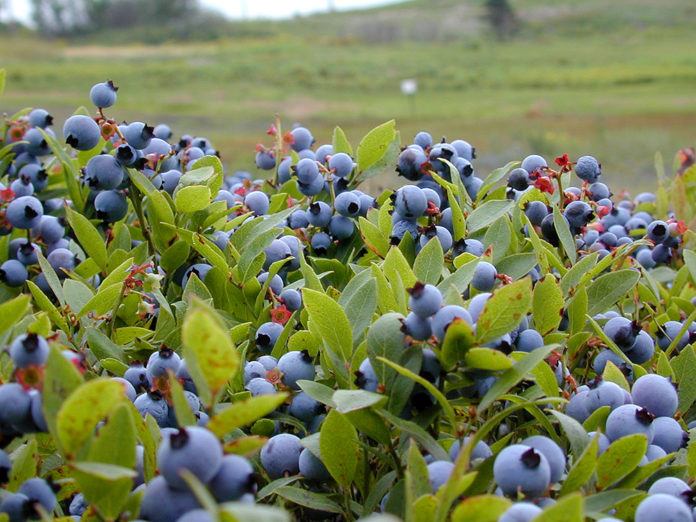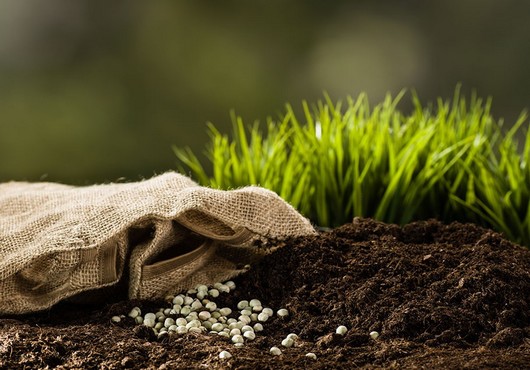Who doesn’t love blueberries! These strange little fruits have a lot going for them other than their unusual color in the food world. Absolutely delicious, the many varieties of this fruit are also very healthy. It is, after all, the king of antioxidants. Blueberries could also help lower cholesterol and blood pressure, to name only a few of its many benefits on the health of whoever munches on them regularly. And while it is quite common to find strawberry filled hanging planters on porches and raspberry bushes in backyards, yet we rarely come across homegrown bluebs.
If you are a big fan of this little fruit, you can absolutely grow them in your garden and eat them fresh all summer long. In fact, these tips will help you grow so many that you will be able to share with friends and family… If you don’t bake them all into pies and jams.
1. What are the health benefits of blueberries?

This fruit offers numerous health benefits, notably:
- They prevent blood cholesterol.
- They protect the brain’s functions and prevent loss of memory because of their high content in antioxidants.
- They are rich in nutrients but low in calories. 1 cup is 3,6 grams of fibre, 24% of your daily intake of vitamin C, and 36% of your vitamin K intake.
- They reduce blood pressure and cardiovascular risks. A study showed that having 50 grams of this fruit daily for 8 weeks lowers blood pressure from 4-6%.
- They are rich in antioxidants that prevent signs of ageing, damages made to your DNA and cancer. A study also showed that drinking blueberry juice daily can reduce your DNA’s damage by 20%.
You can grow an unlimited amount of these beneficial fruits at home. Here is how to do it.
2. Find the right place

Find the perfect place for your blueberry bush because they need high-quality soil and a lot of sun. The sun’s rays will give the necessary conditions for photosynthesis which is vital for their growth and the rich soil will support this process.
3. Make sure you have enough space

The bush needs 6 feet to develop itself naturally. If you grow many bushes, they need to be between 2,5 to 3 feet from each other. Consequently, make sure you leave enough space between your various blueberry bushes.
4. Follow the plantation process

In most countries in the world, it is better to plant blueberry bushes in the Autumn or in the Spring. Plant the roots with your hands, and place them in the soil, add more earth around them and tap on the superior layer of the soil. Then, water the soil well to hydrate the plant.
6. Cut your bushes

Once the bush starts growing, start trimming it regularly since it will help the stronger branches grow bigger and will support the healthy growth of the plant.
When you trim blueberry bushes, don’t forget to eliminate the weak branches, to clean out the dead wood, to cut the short or discoloured branches and to remove half or 1/3 of the wood.
7. Fertilize the soil

You always need to use an organic fertilizer to avoid damaging the bushes. They fertilize the plant longer and are good for the environment.
When they are grown this way, bushes live and produce blueberries for at least 4-5 decades. You can try planting at least two varieties of the fruit for crossed pollination to increase returns.
This advice will be very useful if you want to grow your own blueberries at home and take advantage of the great taste and health benefits of this fruit.
8. A few supplementary tricks

Here are a few supplementary tricks to have tons of blueberries in your backyard.
- Birds love blueberries as much as humans. If you want to keep them for yourself, place a protective net on top of your bushes so they don’t leave them all.
- To make your blueberries more savoury, wait a few days after you notice they turned blue. Lightly shake the branches: ripe blueberries will fall off the branches on their own.
- Grow numerous varieties of blueberries. You will have more blueberries and you can see if you notice the difference between the different varieties.
Source:
pagesjaunes.ca


![[Photos] Why WD-40 Is Magic In Your Garden?](https://lifetonik.com/wp-content/uploads/sites/7/2019/08/WD40-Prices-Highres_Page_8_Image_0008-218x150.jpg)





![[Photos] Take A Look Of The Obama’s New Home Before It’s Banned](https://lifetonik.com/wp-content/uploads/sites/7/2019/07/Obama1-218x150.jpg)

![[Slideshow] Celebrity Homes: 21 Of The Most Luxurious](https://lifetonik.com/wp-content/uploads/sites/7/2019/07/Taylor-Swift-218x150.jpg)
![[Slideshow] More Parents Are Now Gluing Pennies to the Bottom of their Kid’s Shoes](https://lifetonik.com/wp-content/uploads/sites/7/2019/07/Keep-Them-Entertained-218x150.jpeg)
![[Photos] 20 Fashion Mistakes That Too Many Women Make!](https://lifetonik.com/wp-content/uploads/sites/7/2019/07/5-style-mistakes-that-make-you-look-frumpy-featured-218x150.jpg)



















![[Gallery] 25 Discounts For Seniors To Which You Are Entitled Without Knowing It](https://lifetonik.com/wp-content/uploads/sites/7/2019/08/EAZxECUXUAAvNZR-218x150.jpg)
![[Slideshow] Here’s the salary of every governor in the United States](https://lifetonik.com/wp-content/uploads/sites/7/2019/08/Charlie-Baker-218x150.jpg)
![[Photos] No One Will Want To Buy This House After Seeing These Pictures](https://lifetonik.com/wp-content/uploads/sites/7/2019/08/terrible-real-estate-photos-2-5c35e727c9f95__700-218x150.jpg)





